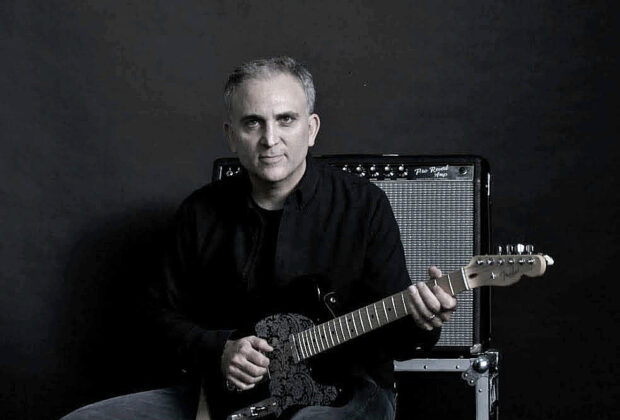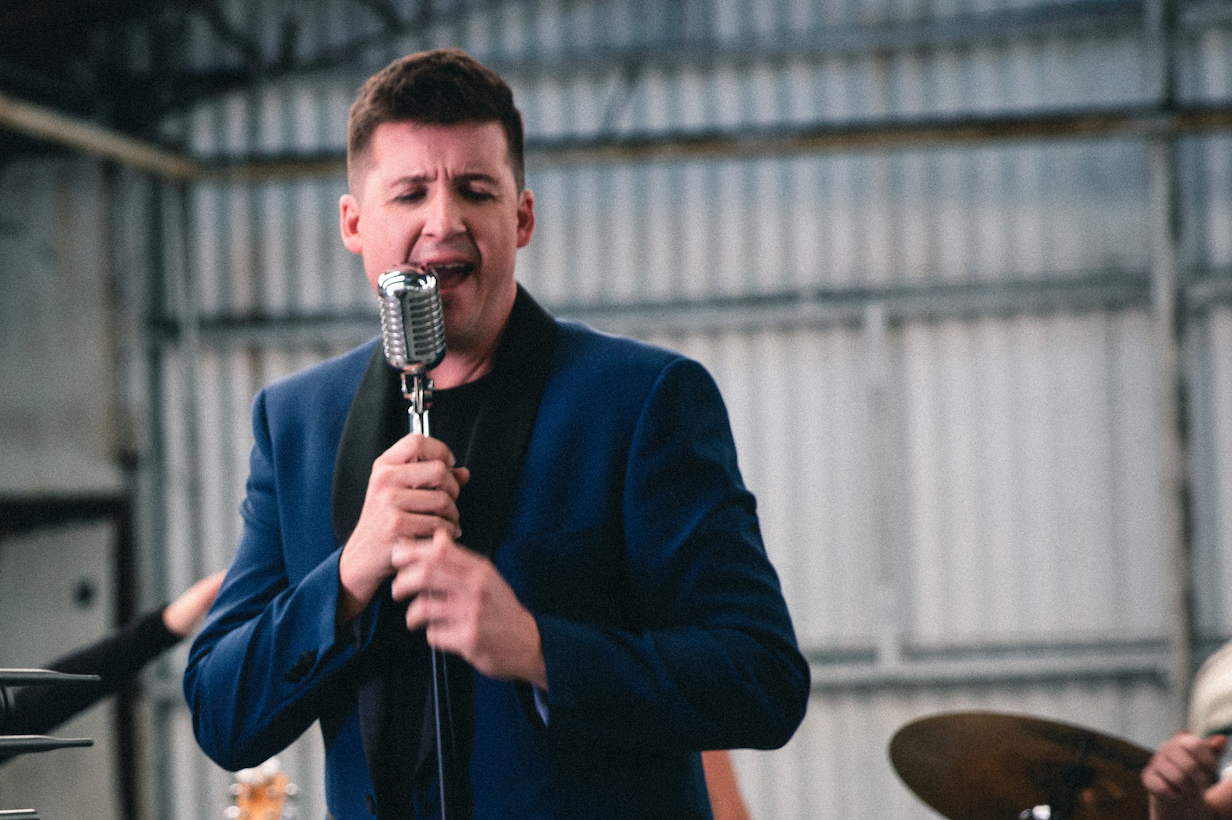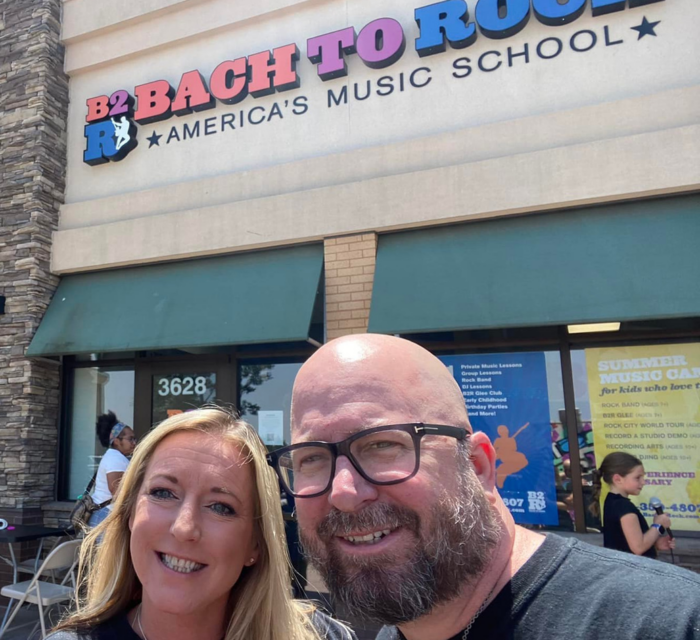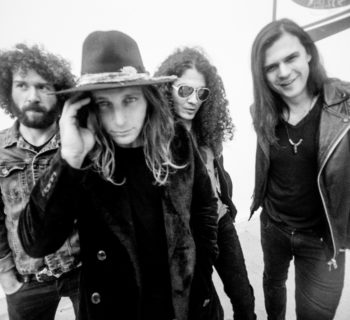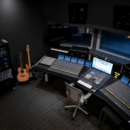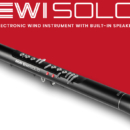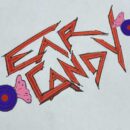As a child, Seymour Duncan CEO Marc DiLorenzo was inspired to pick up the guitar by his British Invasion harmonic heroes Pete Townshend and Keith Richards. He bought his first, a Yamaha acoustic, from N.Y.C.’s legendary Manny’s Music. For the initial post-college phase of his career, he lent his talents to Wall Street. But music’s call would not be silenced. In the early 2000s he spent three years composing for TV and in 2020 launched his guitar collaboration site 2gthr.co. Then a friend tipped him off about the frontman vacancy at powerhouse pickup-maker Seymour Duncan and, after multiple auditions, he landed the gig in October, 2022.
Music Connection: What sets Seymour Duncan apart from other pickup companies?
Marc DiLorenzo: We have a strong heritage and culture of service to musicians. It’s one of the things I spoke with Cathy [Duncan], Seymour and their son Derek about when I started. You feel it when you walk into the building. It’s what the company is all about. That goes back to Seymour. When he had an interest in developing new tones and sounds before the company started, he reached out to some of his heroes like Bill Carson at Fender. That sort of thing has stuck with us and we always want to pay it forward and be responsive to customers.
We have a select group of artisans that work here including Maricela “MJ” Juarez, who’s been with us for more than 40 years—almost as long as the company’s been in existence. We call her “The Queen of Tone.” And our head of Engineering, Kevin Beller, has been here for even longer. This all enables us to be nimble in product development. Any new idea can be prototyped in a day. I believe that’s unique to Seymour Duncan. Our products have been hand-built here in Santa Barbara since 1976.
MC: Seymour Duncan are sometimes the stock pickups in Gibson, Fender, Ibanez, etc. How hard is it to approach/convert a company such as Rickenbacker, which makes its own pickups?
DiLorenzo: We have great relationships with virtually every major guitar brand and many make their own pickups. We work with them where we can add value to a particular guitar model. A company like Fender will use its own pickups on many models and ours for others where it means something to the customer. Rickenbacker has their tradition of the pickups that were developed for those original guitars and they stay within the lane of what they do.
MC: Do you work closely with guitarists/artists when you work to innovate an existing product or to create new ones?
DiLorenzo: Yes, very closely. We don’t want to create new products in a vacuum or [offer] a solution that’s in search of a problem. We’re always in active listening mode so artists are one constituency where we consider their needs and how they’re changing, especially when there’s something specific they’re looking for. That’s where our custom shop in combination with our experienced engineering team really comes into play. It’s interesting because some of the artists are quite technical while others are not.
For example, Joe Bonamassa really understands gear and has a fabulous collection of guitars. Sometimes he’ll bring in a particular vintage one and ask us to create a set of pickups that will duplicate their exact tone. Of course the pickups made in the fifties and sixties all had inconsistencies. One may have been wound differently than another or been exposed to different elements over the years. Brandon Ellis [lead guitarist of the Black Dahlia Murder] is a DIY guy and we just came out with a signature [high-output Humbucker] pickup for him called the Dyad. He also understands pickup technology and had some very specific ideas.
MC: What’s one of your favorite anecdotes from your time at Seymour Duncan?
DiLorenzo: Certainly I love hearing stories from Seymour about things like delivering a custom pickup to Jimi Hendrix backstage. I also love the story of how MJ [Maricela Juarez] began work here. She came to drop off a friend for an interview but was coaxed into coming in herself. She’s now been here for more than four decades.
During my time, artist visits have always been special. They’re incredibly nice, down to earth and interested. Jared James Nichols was here recently, pulled out his guitar and performed. Our entire operation stopped and was dancing on the production floor. It’s always a cool connection. James Taylor also dropped by recently and spent the afternoon touring the factory, and asking really insightful questions.
MC: What are the three most important lessons you’ve learned about being in the music/guitar business?
DiLorenzo:
1. Passion is key.
2. The magic of human connection is powerful.
3. Teamwork is crucial. That’s where culture comes into play and helps us execute on our strategy. Many people have been here for 20 or 30 years and they really understand what we’re trying to achieve.
MC: What’s in Seymour Duncan’s future?
DiLorenzo: There’s a lot of opportunity ahead. I estimate that no more than 30 percent of guitarists have upgraded their pickups so there’s a chance to help them understand the why and how of upgrading. That ongoing education is one thing. We’ll also continue to increase the pace of innovation and new product development. The custom shop’s ability to prototype and invent quickly will be leveraged.
We’ve taken some of the higher-volume models they used to build and moved them to our production floor—so they’re still hand-built. But that allows the custom shop to focus on ingenuity and to develop things that might become production models. Lastly, we’ll work more collaboratively with all of our stakeholders. What it means to be a musician today is different, clearly, than it once was. We want to support that, partly by creating a product that’s unique to them, both in tone and aesthetics—the way that pickups look. But also in how we partner with them, to help them earn their living.
Visit seymourduncan.com,
2gthr.co

